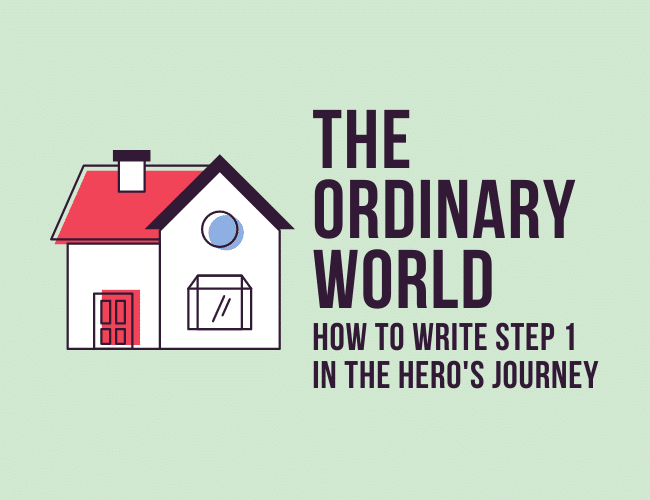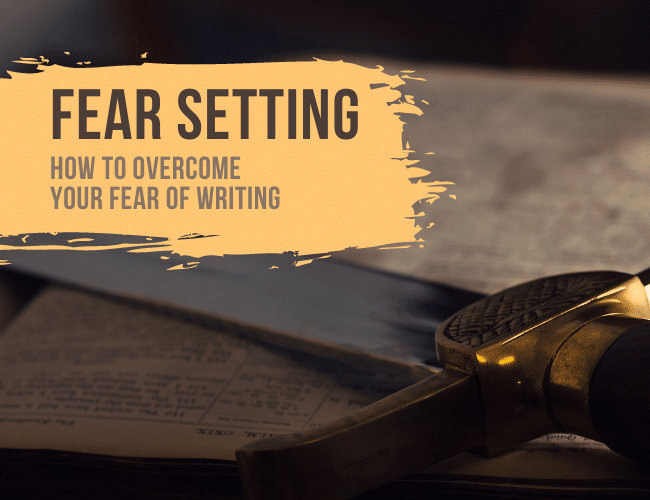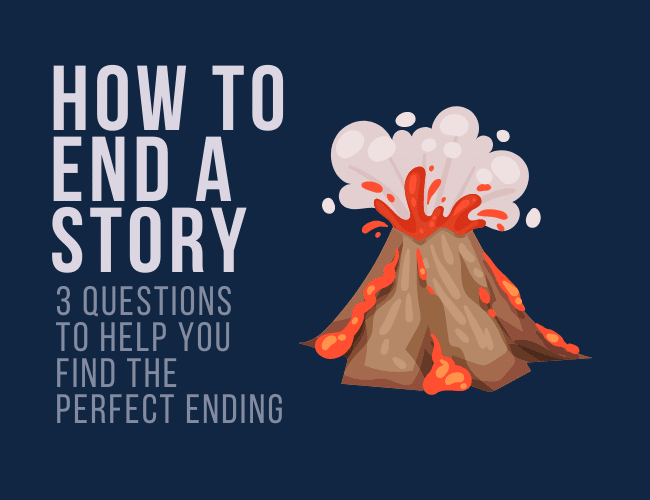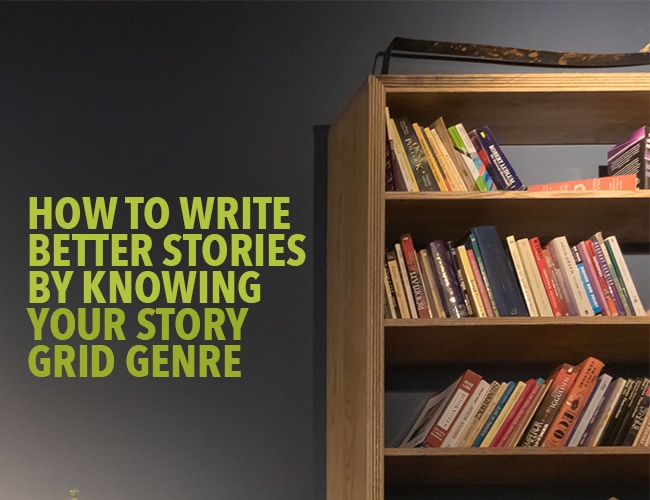
by David Safford |
Have you heard the story of the orphan boy living in the cupboard under the stairs?
Or perhaps the story of the girl in District 12 (the crappiest District) who would not only survive an unwinnable deathmatch, but become a symbol of liberty?
Maybe you’ve heard of the baby boy who was going to die in a mass genocide, but whose mother put him in a basket and sent him down the Nile River . . .
If you didn’t catch those, here they are in order: Harry Potter, Katniss Everdeen (The Hunger Games), and . . . Moses.
And all these stories follow the same classic story structure.

by David Safford |
They say opposites attract. That holds true, even in a Hero’s Journey story.
And while you may craft opposing characters who find themselves attracted to one another, you would be wise to study these universal relationships—also known as themes—that great stories have utilized for generations to the benefit of their readers.
Here are the five essential Hero’s Journey themes that will thrill your readers!

by David Safford |
If you’re not finishing your writing, it’s because of fear. Fear is far more influential than we like to think. We like to believe that we’re not succumbing to fears because we are good at goal-setting, or perhaps we stick to a writing schedule of some kind.
Yet fear is insidious. It is subtle. It speaks with voices you can’t hear, and unless you weed those voices from your psyche, they will forever impede your writing dreams.
Here’s how to overcome your fears and finish your writing with confidence!

by David Safford |
The hardest part of writing a story might just be figuring out how to end a story. But what makes a good ending? How about a great ending? Is there a difference?
Endings are intimidating. They’re heavy-laden with all the narrative weight of your story.
And they’re so much harder to write than we imagine when they play out in our heads.
This is why so many trilogies end with a whimper, rather than a bang (Star Wars, Alien): Endings are hard.
But how do you write that rare, coveted third act that nails every beat and delivers on the audience’s hopes and dreams? How do you conclude your story, or trilogy, or series with power and poise?
Let’s dive deep into how to write a winning ending by exploring three essential questions that will keep you on track as you wrap up your next story.

by David Safford |
Why do some books “work,” while others don’t? Why do readers ravenously consume one book, while they put down another and forget about it entirely?
If you want to write books that readers love, you’d be wise to find answers to these questions and apply those answers to your work. Thankfully, there’s a resource available to you that provides an insider’s look at what readers want: The Story Grid!







